LOS ANGELES DANGEROUS PROPERTY CONDITION LAWYER
“DRIVEN TO BE THE BEST DANGEROUS POPERTY CONDITION LAWYER IN LOS ANGELES”
FREE CASE
EVALUATION
When you suffer a significant injury on someone else’s property, you may have the ability to work with a personal injury attorney to pursue compensation depending on the situation in which you were injured. Whether you are filing slip and fall claims or going through legal matters because you suffered a dog bite, there are various factors that you must consider before moving forward. California has very specific laws regarding premises liability cases.
At Pirnia Law Group, we’re well-equipped to handle a wide range of premises liability cases. We know that you can encounter a very severe situation should you suffer an injury one someone else’s property. We believe that property owners must take action to keep anyone on their property safe when they are legally allowed to be there. The moment they don’t, they should be liable for any damages that occur on the property. We have the necessary skills, tenacity, and experience to position your case favorably and pursue the maximum compensation you need and deserve during such a challenging time.

California Premises Liability Law
In California, the premises liability law lays out clear circumstances in the ways they allow individuals to file lawsuits should they suffer injuries on someone else’s property. When someone suffers unreasonable harm because of the property owner’s negligent actions, it’s important to understand occupier’s liability and the owner’s liability. These make it clear when someone can file a claim; however, the law also breaks up the individuals who suffer injuries on someone else’s property as trespassers, invitees, and licensees. Depending on what you are considered, you may be able to pursue compensation.
Here’s how premises liability law works:
There are three main factors involved in filing a premises liability claim:
- Before you can file a claim or lawsuit, you must show that the property had an existing danger that could have potentially caused you harm. For instance, there may have been something like slippery floors, a broken handrail or a broken staircase. Proving that there was an existing danger that the property knew of is the first step to hold a property owner accountable.
- Once you show that there was an existing danger, you must show that the property owner did nothing to remedy the issue and keep people from suffering harm. For instance, if the property owner has received reports of uneven pavement, but they have not taken the steps to fix it and someone trips and falls, the property owner is considered responsible.
- You must also show that the hazard is what caused you to suffer a significant injury. For instance, if you suffer a back injury because of a slip and fall, you must show that something on the property caused you to slip and fall.
California law categorizes people under three different distinctions when they suffer an injury on someone else’s property. In these cases, you may either be an invitee, a trespasser, or a licensee. Understanding the differences between these can help you better recognize what your rights are should you suffer an injury on someone else’s grounds. An invitee is someone who is on the property for the purpose of commercial benefit from which the property owner may gain. A licensee is someone who is willingly invited to someone else’s property for a social gathering. For instance, you’re a licensee if your friend calls you over to watch a movie and hang out.
A trespasser can make things more difficult when it comes to pursuing a premises liability claim. It’s vital to recognize how each categorization impacts your ability to file a claim.
- Invitees are able to file a lawsuit for premises liability because they are legally on someone else’s property. An invitee can be considered a grocery shopper entering a market for the purpose of shopping. The shopper will make a commercial transaction that monetarily benefits the owner of the property (or the grocery store owner). Invitees, being legally allowed on the property, are able to file a lawsuit against a property owner when a premises danger causes harm.
- Licensees are able to file a lawsuit because they are legally allowed to be one someone else’s property for the purpose of a social gathering. The property owner has invited the licensee over to his or her home knowing that there is a potential danger present, such as a dog who may bite, broken stairs, lifted carpet, or a number of potential issues. Licensees are allowed to take legal action under California law.
- Trespassers may be able to file a premises liability lawsuit depending on the circumstances of the situation. If someone enters a property illegally and is intending to commit a crime for their own benefit, they are not considered eligible to file a lawsuit against the property owner for damages they sustain. In this situation, a trespasser would be considered a burglar. However, trespassers may also be someone who enters a property illegally, but there’s no ill-intent (such as a teen retrieving a lost item). The only situation in which the property owner owes a duty of care to a trespasser is if he or she is aware that the trespasser is regularly on the property.
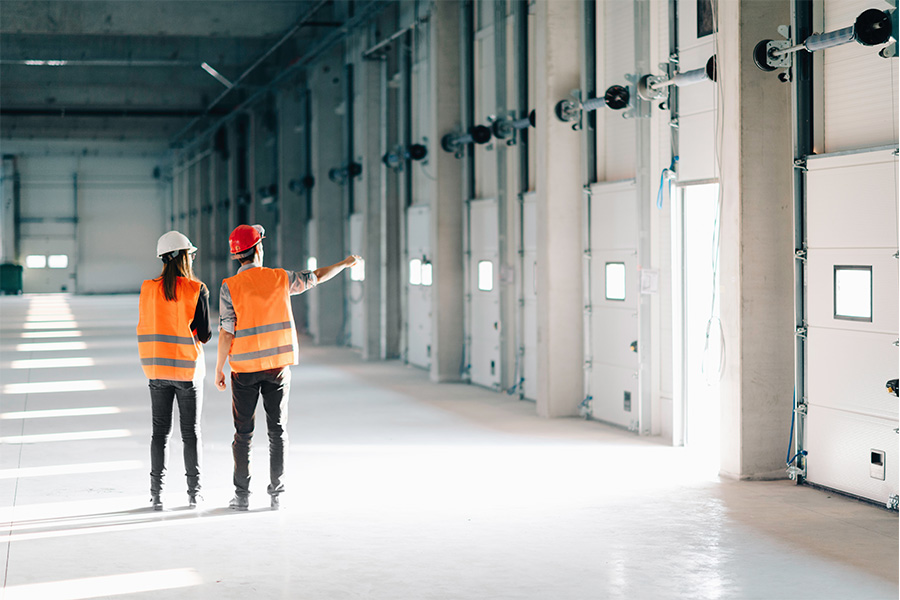
Examples of Dangerous Property Maintenance
When someone owns a property, he or she is responsible for providing maintenance to ensure the grounds are free of any potential dangers. Unfortunately, there are numerous situations that can arise in which the property owner either fails to take action to fix an issue completely, or they try to fix the issue, but they do so poorly and it still presents a danger.
Negligent Maintenance
Negligent maintenance can often mean that a property owner knew of a danger but they did nothing to fix it. They let their property remain as is, with the danger present, and allowed invitees and licensees to come onto the property and suffer an injury because of the danger. In these cases, you can show that the property owner did nothing to fix the issue.
Inadequate Maintenance
Inadequate means that the owner may have taken some steps to try and maintain their property, but they did not do an adequate enough job to prevent harm from occurring. For instance, if the property owner knew that his or her building’s stairs had cracks and a broken handrail, but he or she only fixed the cracks, harm can still arise.
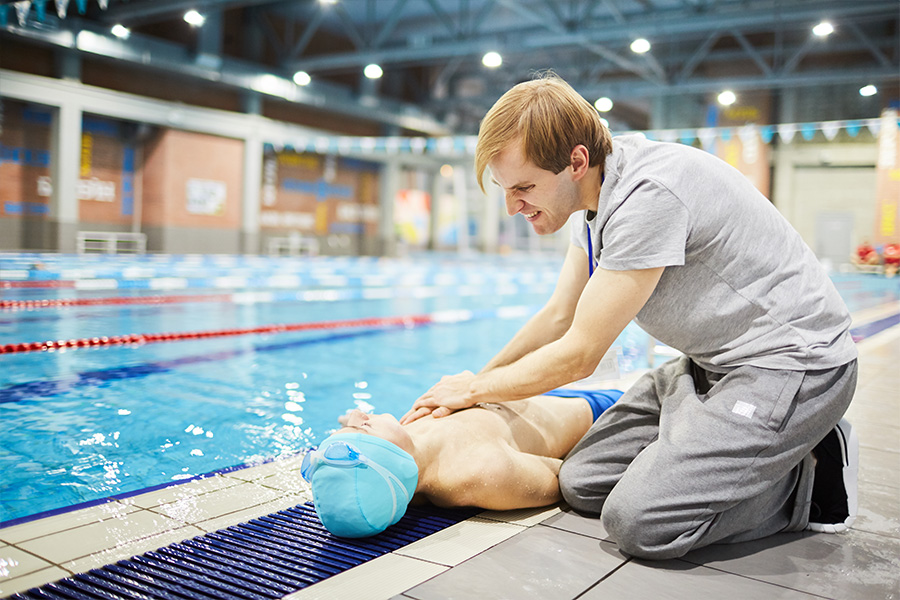
Basis for a Premises Liability Lawsuit
Proving a premises liability lawsuit requires you to show that there was a hazard that existed that the owner knew could cause you harm, but they never took steps to fix it. Premises liability claims are general situations, but there are numerous circumstances in which a property owner’s negligence can lead to harm.
Under a premises liability claim, you may pursue compensation for the following situations:
- Dangerous condition of public property
- Dog bites
- Pool accidents
- Nursing home abuse
- Construction accidents
- Hotel accident
- Inadequate security
- Apartment accidents
- Swimming pool accident
- Negligent security
- Elevator accident
- Work injuries
- Inadequate lighting
- Fire hazards
- Property defects
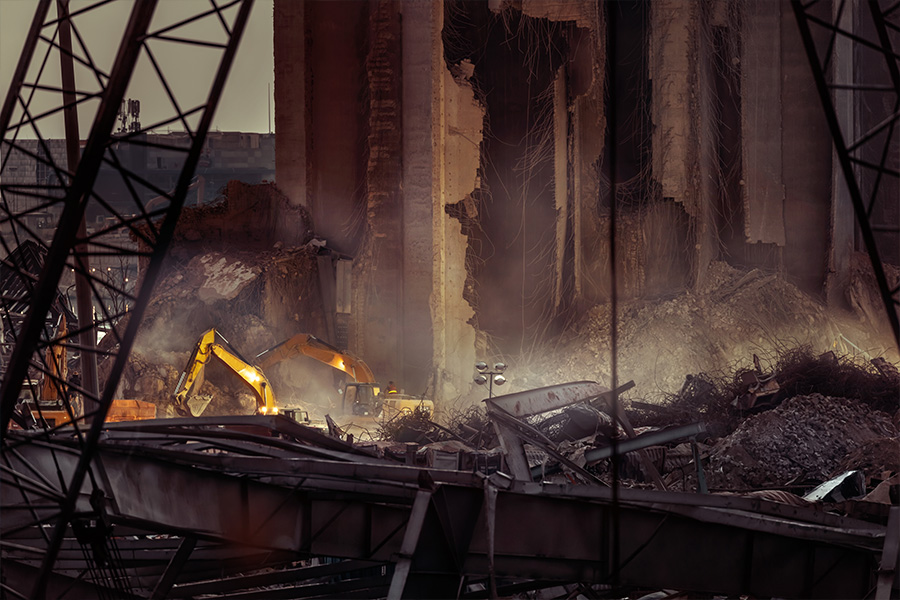
What are Considered Dangerous Conditions?
A premises liability claim relies on showing that the property you were legally on had a known dangerous condition. Dangerous conditions can come in numerous forms, all varying based on where the incident occurs. Some of the most common dangerous conditions, though, include the following:
- Falling merchandise in big-box stores
- Falling debris
- Stairwell falls
- Falls on snow and ice
- Elevator accidents
- Building collapse or explosion
- Spills and leaks
- Slippery floors
- Uneven pavement
- Debris on the walkway
- Crumbling facades
- Ice chunks
- Lighting
- Broken steps
- Uneven risers
- Negligent snow removal
- Poor lighting
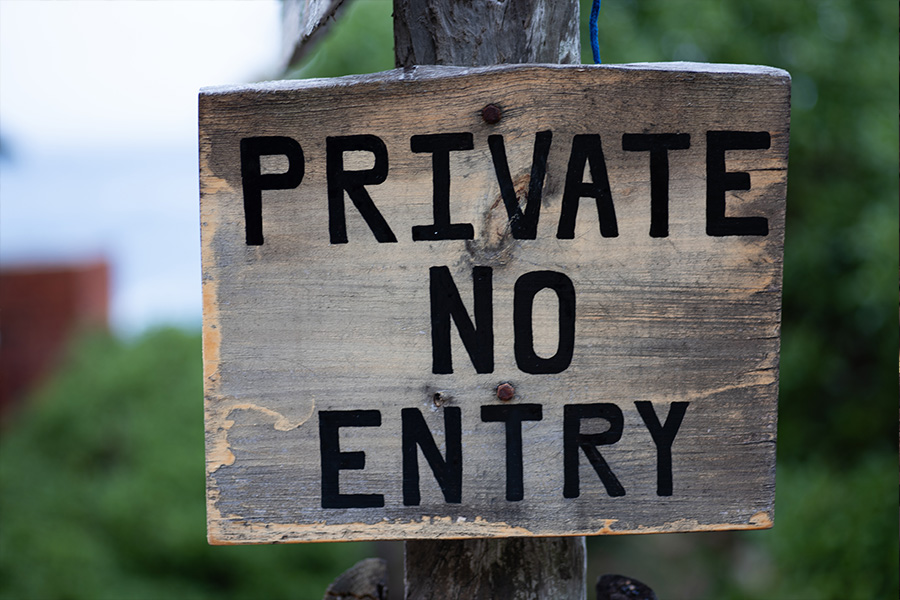
Private Property Claims
Private property claims must show that you are legally allowed to be one someone else’s premises. However, if that’s the case and you’re injured because of a dangerous condition, it’s easy to know who you are going to file the premises liability lawsuit against. This type of claim goes against the property owner and his or her insurance company. Even if the term is “private” property, there are times where licensees and invitees are legally allowed on the premises and can file a lawsuit for any damages incurred.
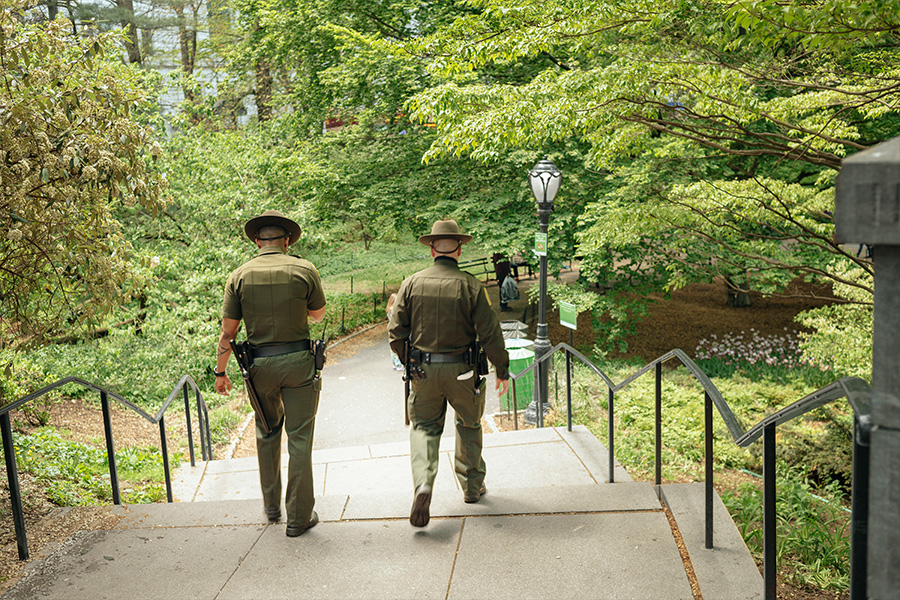
Public Property Claims
In cases involving public property liability, you’re most often going against the public entity who owns and/or maintains the property. For instance, a public park. This is not owned by a private owner, but it could be a city who owns and runs the park. In these cases, though, the same process is necessary. The public entity must know about the danger and if they do nothing to fix it, they are negligent when someone suffers harm.
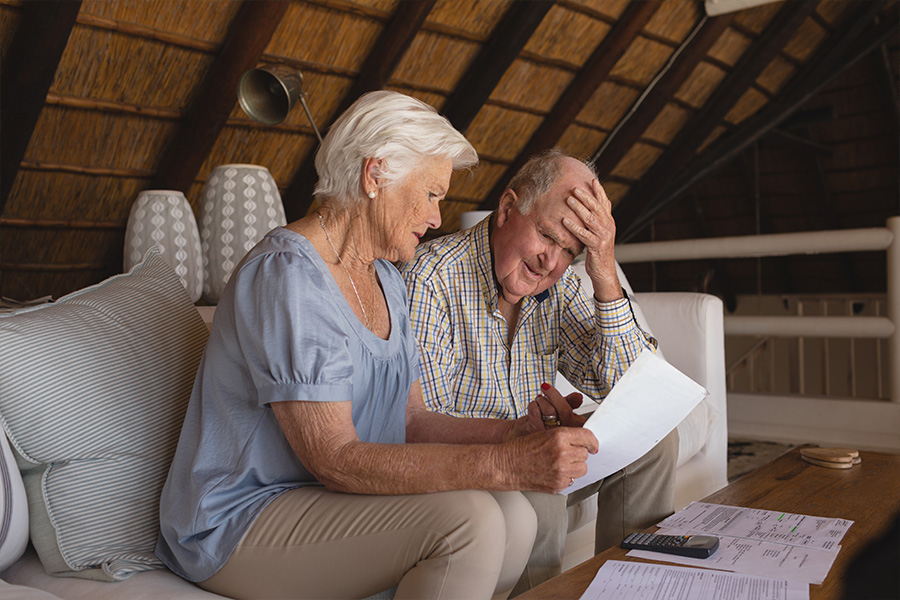
Los Angeles Slip and Fall Accidents
Slip and fall accidents are some of the most severe and often result in traumatic brain injuries, spinal cord damage, herniated discs, and more. When these accidents happen, it’s vital to take legal action against the property owner who may be responsible for causing you harm. In this case do not forget to contact our slip and fall accident lawyer in Los Angeles. If you can prove that the property owner was negligent and responsible for your injuries, you may be able to pursue compensation for:
- Medical bills
- Lost wages
- Pain and suffering damages
- Emotional distress
- Disability expenses
Getting legal help is essential to your success and showing that the property owner must be held accountable. For some of the longer lasting injuries, you may be able to recover significant compensation for ongoing care, therapy, and modifications to your home or vehicle if necessary.
FAQ
What does premises liability mean?
Premises liability is an area of law that holds property owners to a standard of care that ensures they keep grounds safe for invitees and licensees. Under these laws, if a property owner allows a danger to exist on his or her property and someone sustains an injury, the property owner can be held liable for the damages sustained. It’s crucial to understand that an injured party must show that the property owner was aware of the danger and they did not take the steps to fix the problem or warn invitees or licensees about the issue.
Who do you sue in a premise liability lawsuit?
If you’re injured on someone else’s property, you are typically going to be taking action against the property owner. However, it’s rare that any property owner is going to have sufficient funds to pay out for your claim. However, property owners should have either homeowner’s, rental, or business insurance that helps to cover premises liability cases. In these situations, you’re going to be pursuing compensation from the insurance company.
If someone trespasses on my property and gets hurt, am I liable?
Trespassers are not typically protected by law for premises liability matters. A property owner holds no liability to keep a trespasser safe, unless a specific situation is present. To file a premises liability claim, the individual must show that they were on the property legally (such as public property or on private property with permission). The only time a trespasser may have a right is if they’re not intending to commit a crime and the property owner was aware of the trespass as a common occurrence (such as a teenager jumping a fence to retrieve a lost ball).
What is considered an attractive nuisance?
An attractive nuisance comes into play in situations where children are drawn onto a property because of something that captures his or her attention. In terms of dangerous property, the attractive nuisance is most often a hazard to teens and children, such as swimming pools, tools, and more. Under premises liability laws, many states consider children under a specific age (usually six or seven) as not negligent no matter the situation. In any case, the following factors play a role in being an attractive nuisance:
It poses a danger
The property owner created the danger
The property owner knew it would attract children
The property owner knew it would cause harm
What is the average settlement for a slip and fall?
Typically, the average cost of slip and fall claims is between $30,000 and $40,000. However, there are many situations that can play a role in determining the compensation you may recover after you suffer an injury. Things that must be considered include the severity of the injury, the long-term impact, how long you may be out of work, and more. The more severe the injury (such as those that result in traumatic brain injuries or spinal cord damage), the higher the compensation can be.
How do unsafe premises harm people?
There are many problems that can arise on someone else’s property. On an unsafe premise, you can experience problems involving slip and falls, trip and falls, and other issues. Someone can suffer a dog bite which can lead to long-term harm and infections. In any case, if you suffer an injury one someone else’s property because of maintenance negligence, you deserve to have someone on your side.
Am I liable if a kid gets hurt on my property?
If a child suffers a premises injury on your property, there are a few different things to consider. The first factor is the age. Depending on the state and the situation, a child cannot be considered responsible if he or she is under the age of six or seven. If a child under this age is injured on your property, you’re liable regardless of the situation of trespassing. However, if an older child is injured (over eight years of age), it must be determined whether or not he or she trespassed.
Is a tenant an invitee?
In California, premises liability law assumes that anyone invited onto the property for a property owner’s commercial and economic benefit is an invitee. Because of these laws, a tenant who pays a landlord for use of the property is considered an invitee. As such, the same laws apply in premises liability situations that hold property owners accountable for any dangers they present to the tenant.
Is premises liability the same as general liability?
In the world of personal injury law, premises liability matters fall under the over encompassing umbrella of general liability. With general liability, policies cover any damages that a person sustains including bodily harm and property loss. General liability covers premises liability matters when someone files a claim.
SOUTHERN CALIFORNIA PERSONAL INJURY LAWYER
At Pirnia Law Group, our Los Angeles premises liability attorney stands ready to help you through some of the most complex matters possible. We’re committed to going above and beyond on your behalf to show that someone’s negligence resulted in your suffering injuries. A property owner should never get away with knowingly allowing a danger to be present on his or her grounds. Our firm offers services on a contingency fee basis so you only pay if and when we’re successful in obtaining compensation on your behalf. Trust that we’re ready to advocate for your best interests every step of the way.
Call our firm today and speak with a legal professional about your rights in a free consultation.



